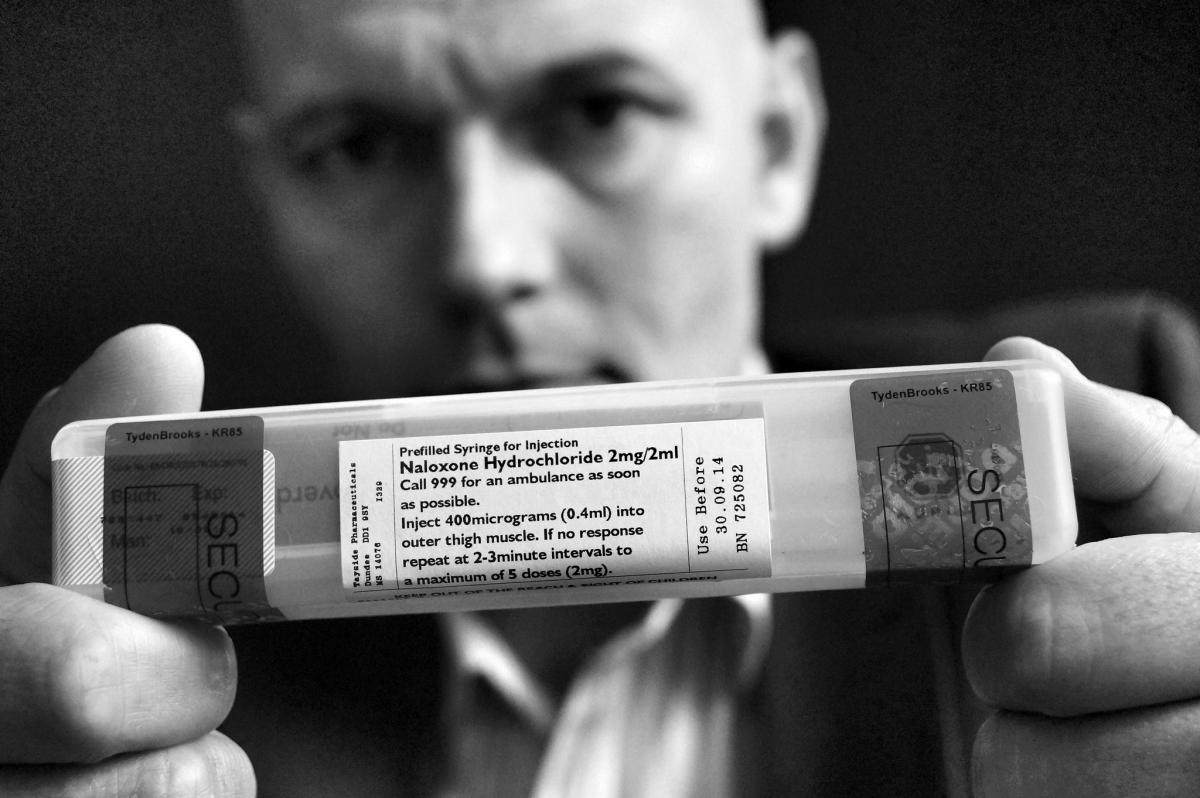New Zealand needs to do more to tackle overdose problem
This opinion piece first appeared in the print edition of the Dominion Post on Monday 31 August and it can be viewed online here.

Today is International Overdose Awareness Day.
Nearly every week in New Zealand a person dies from an opioid overdose. If you're not aware of our overdose problem, you're not alone - we don't like to talk openly about intravenous drug use in Aotearoa.
And in the rare times that we do, we often stigmatise: he's a "hopeless junkie", she's "drug-crazed", they're "fiends". As a society we frown on injecting drug users as second-class citizens.
It's hard enough already for families to lose a loved one – a parent, a child, a sibling, a best friend. It's harder still when society tells families that their loved one's lives were worth less because they died from injecting drugs.
A public double standard was evident during the national panic over synthetic cannabinoids: not a single Kiwi died as a direct result of those substances, but journalists, communities and politicians didn't rest until something – anything – was done. With opioid overdoses, though, we seem comfortable to let people die.
But the frustrating thing of all is that many of these overdose deaths are completely preventable.
Naloxone is an opioid-reversal drug used to prevent a fatal overdose. It works by taking the place of opioids' impact on the brain's receptors, temporarily stopping all the opioid's effects. Think of it like an Epipen used for a severe allergic reaction.
There are a number of things that should be done to increase access to naloxone. The first thing we should do is provide training for people who inject drugs about overdose prevention and giving them naloxone when they attend a needle exchange.
Encouragingly, the Government has signalled a supportive new position. The National Drug Policy 2015-2020 (NDP), released last Wednesday, is guided by three principles: compassion, innovation and proportion.
The Government will use opioid overdose figures as NDP indicators of success in reducing drug-related illness and injury. So they're now acknowledging the problem. But a new reporting requirement will do nothing to prevent users from overdosing unless it's accompanied by meaningful action.
A policy guided by compassion should extend the accessibility and availability of naloxone. People who inject drugs who access the Needle Exchange or a treatment facility, and prisoners, should be taught how to use naloxone to save a friend's life from an overdose. These policies already exist in Australia, Scotland and the United States, and they save lives.
And a policy guided by proportion certainly wouldn't allow an overdose bystander to be criminalised for calling emergency services for help. Currently there is no "good samaritan" law in New Zealand, meaning that if you inject a friend and they OD, and then you call the ambulance for help, the police can arrive and arrest you. This fear of arrest means people won't call an ambulance.
Our failure to recognise that all lives have equal value has meant that until now we have failed to prevent unnecessary deaths.
The Government has the ability to act now to prevent dozens of deaths each year. Naloxone saves lives and needs to be made available to those who need it.
Ross Bell is the Executive Director of the New Zealand Drug Foundation
Recent news

Reflections from the 2024 UN Commission on Narcotic Drugs
Executive Director Sarah Helm reflects on this year's global drug conference
What can we learn from Australia’s free naloxone scheme?
As harm reduction advocates in Aotearoa push for better naloxone access, we look for lessons across the ditch.

A new approach to reporting on drug data
We've launched a new tool to help you find the latest drug data and changed how we report throughout the year.

